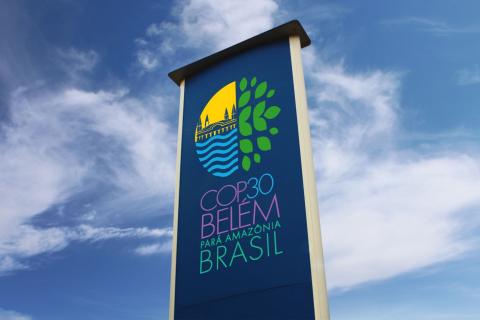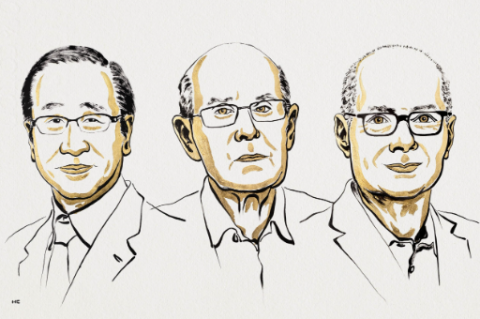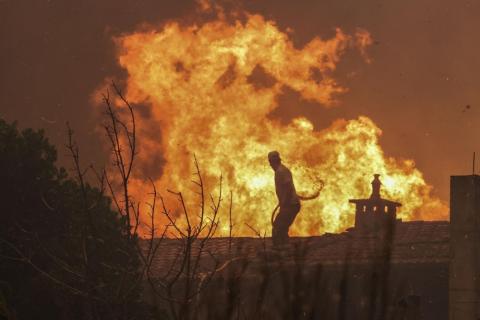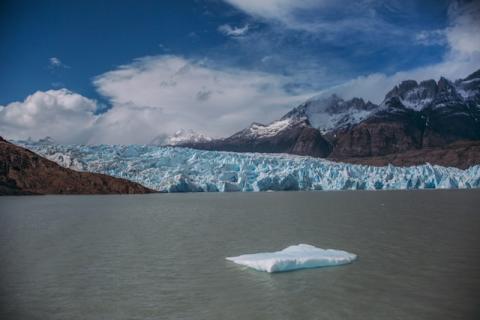Rey Juan Carlos University
If you are the contact person for this centre and you wish to make any changes, please contact us.
Head of Urology Service, Hospital Universitario de Fuenlabrada, Madrid; Associate Professor of Health Sciences, Universidad Rey Juan Carlos; and Chairman of the Spanish branch of the European Randomized Study of Screening for Prostate Cancer
PhD in Industrial Technologies, researcher in Metal-Organic Frameworks (MOF), Department of Chemical, Energy, and Mechanical Technology, Rey Juan Carlos University
PhD in Chemical Engineering, researcher in the high-performance research group in Chemical and Environmental Engineering at the Universidad Rey Juan Carlos.
Professor of Applied Economics at Rey Juan Carlos University
PhD in Biology, CSIC researcher and associate professor at the Universidad Rey Juan Carlos de Madrid
Professor of Biochemistry and Molecular Biology at the Universidad Rey Juan Carlos and coordinator of the LIPOBETA research group
Lecturer of Geodynamics and researcher in Geology and Global Change
Lecturer in Audiovisual Communication and Advertising, coordinator of the Advertising and Public Relations strand of the Communication Sciences doctoral programme
Professor of Psychology
Professor and coordinator of the Coastal and Marine Research Group (ZOCOMAR) of the Department of Biology and Geology, Physics and Inorganic Chemistry of the Rey Juan Carlos University

The adoption of plant-based diets could reshape agricultural employment worldwide. This is the main conclusion of an international study that estimates that by 2030, between 5% and 28% less agricultural labour would be needed, i.e. between 18 and 106 million fewer full-time jobs. The countries most affected would be those with agriculture based largely on livestock farming, while others, especially low-income countries, could need between 18 and 56 million more workers to grow fruit, vegetables, legumes and nuts. The study is published in The Lancet Planetary Health.

COP30 will kick off on 10 November in Belém, a Brazilian city and gateway to the Amazon. Expectations are high because it coincides with the tenth anniversary of the Paris Agreement, whose goal of limiting the temperature increase to 1.5 °C was shattered in 2024. In addition, this year countries must present a new version of their measures to combat climate change in a turbulent geopolitical context, marked by the Trump administration's abandonment of the climate agenda.

On the internet, professional women are represented as younger—and therefore less experienced—than their male counterparts, even though this age difference does not correspond to actual data in the US, according to an article published in Nature. This study of gender and age stereotypes is based on an analysis of 1.4 million images on five platforms (Google, Wikipedia, IMDb, Flickr and YouTube), as well as nine large language models, such as ChatGPT, trained with texts from Reddit, Google News, Wikipedia and Twitter.

The Royal Swedish Academy of Sciences has awarded the 2025 Nobel Prize in Chemistry to Susumu Kitagawa, Richard Robson, and Omar M. Yaghi for the development of molecular structures with large spaces through which gases and other chemicals can flow. These structures, called metal-organic frameworks, can be used to extract water from desert air, capture carbon dioxide, store toxic gases, or catalyze chemical reactions.

Climate change has made the hot, dry and windy weather conditions that spread fires across the Iberian Peninsula 40 times more frequent and 30% more intense than in the pre-industrial climate, according to a rapid study by World Weather Attribution. The ten-day heatwave was also 200 times more likely and 3°C hotter due to climate change. The study, which analysed weather observations rather than climate models, warns that fires in Europe are overwhelming firefighting resources and highlights the importance of controlling vegetation in affected areas.

In Spain, immigrant employees earn 29% less than other workers, according to a study published in Nature. This gap is comparable to that observed in Canada, but greater than that of other European countries in the study, such as Germany, Norway and France (19-20%), and much higher than the gap observed in the United States (10%) and Sweden (7%). ‘The segregation of immigrant workers into lower-paid jobs accounts for approximately three-quarters of the overall wage differences between immigrants and natives,’ the study states.

An international study, published in Science, has found that only 24% of the current glacier mass would be maintained if the world were to warm to 2.7°C, the trajectory set by current climate policies. In contrast, limiting warming to 1.5°C - the Paris Agreement target - would preserve 54% of the glacier mass.

One of the problems with prostate cancer screening is that it results in a high rate of false positives, that is, erroneous diagnoses in people without the disease. A study in the UK has applied a genetic test to more than 6,000 people aged between 55 and 69, analysing 130 variants related to this tumour, which allows a ‘risk score’ to be calculated. According to the results, which are published in the journal NEJM, the test detected the disease more likely in people with higher values than traditional screening.

As announced, the new US president, Donald Trump, has signed on his first day in office an executive order for the United States to withdraw from the Paris Agreement. This is the second time Trump has withdrawn his country from the signatory states of the most important climate change agreement, as he did in 2020.

A study led by CNIO and CNIC researchers has identified a new mechanism in mice by which brown fat can be activated and consume energy to be released as heat. The process depends on a protein called MCJ which, according to the researchers, is “a promising target for treating obesity”. The results are published in the journal Nature Communications.